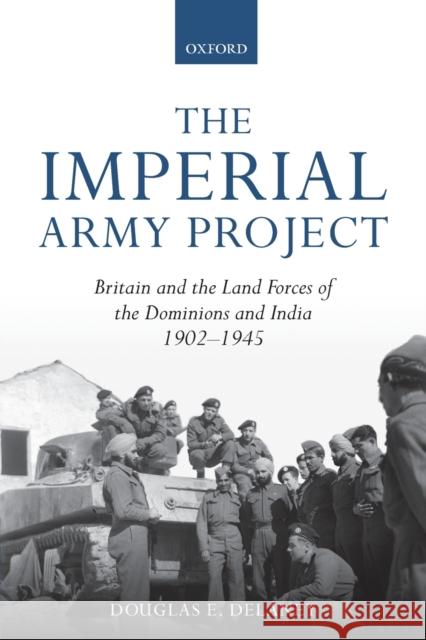The Imperial Army Project: Britain and the Land Forces of the Dominions and India, 1902-1945 » książka
topmenu
The Imperial Army Project: Britain and the Land Forces of the Dominions and India, 1902-1945
ISBN-13: 9780198845805 / Angielski / Miękka / 2020 / 376 str.
The Imperial Army Project: Britain and the Land Forces of the Dominions and India, 1902-1945
ISBN-13: 9780198845805 / Angielski / Miękka / 2020 / 376 str.
cena 176,88
(netto: 168,46 VAT: 5%)
Najniższa cena z 30 dni: 161,35
(netto: 168,46 VAT: 5%)
Najniższa cena z 30 dni: 161,35
Termin realizacji zamówienia:
ok. 30 dni roboczych
Bez gwarancji dostawy przed świętami
ok. 30 dni roboczych
Bez gwarancji dostawy przed świętami
Darmowa dostawa!
Kategorie BISAC:
Wydawca:
Oxford University Press, USA
Język:
Angielski
ISBN-13:
9780198845805
Rok wydania:
2020
Ilość stron:
376
Waga:
0.56 kg
Wymiary:
23.11 x 15.49 x 2.29
Oprawa:
Miękka
Wolumenów:
01
Dodatkowe informacje:
Bibliografia











